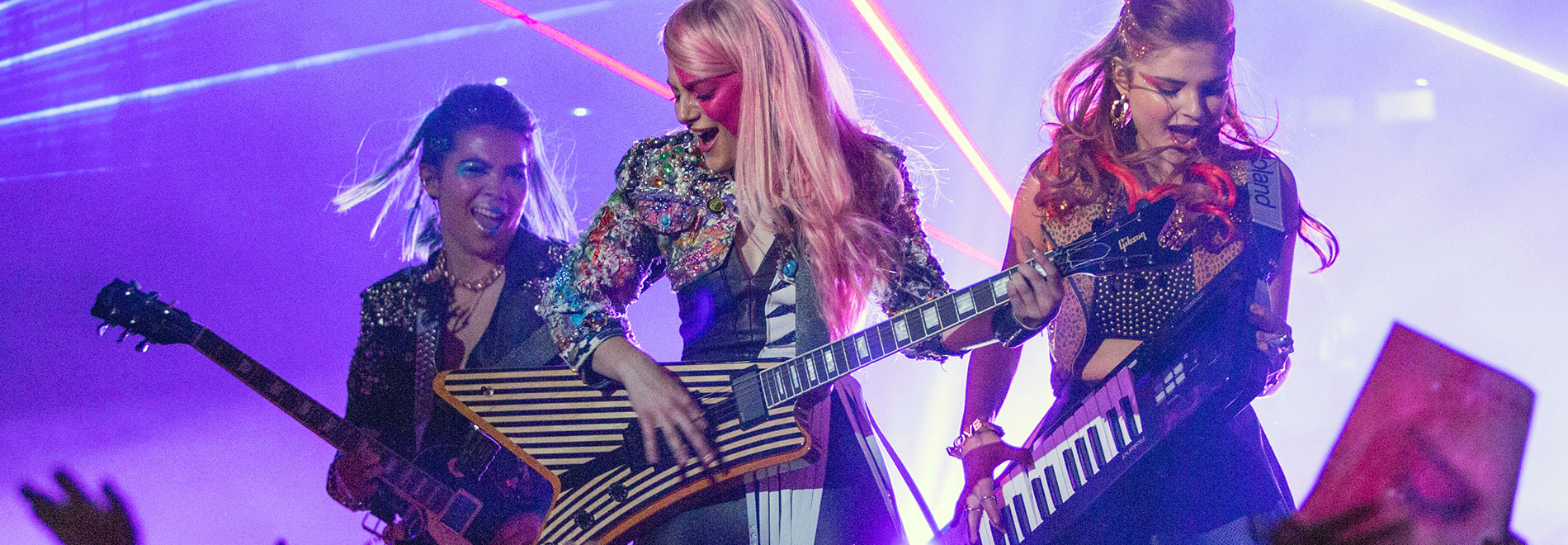When "Pokémon: The First Movie" (also known as "Mewtwo Strikes Back") initially swept into theaters all those long years ago, many critics (if not all) panned the picture for its childish nature and for the lack of a theme containing any sort of substance for its target audience—that being younger viewers, mainly consisting of children under the age of ten. In fact, its alleged vapid construction and its irregular cast of characters even led renown film critic Roger Ebert to comment that "There are times here on the movie beat when I feel like I'm plain in over my head. This is one of those times." (For future reference, he also deemed the storyline to be "idiotic" and branded the film as a poor showing altogether.)
And yet, there's some kind of innocence about these creatures called "Pokémon." From the miniature, yellow mouse type, and arguably the face of the franchise, named Pikachu to what we are told is the rarest of all of these unique lifeforms, Mew, I can't help but find them appealing. I mean, there is no doubt that the picture thrives on its "cuteness" more times than not, and it unquestionably consists of simple things such as cheesy dialogue, vibrant color palettes, and vacuous Pokémon battles all in an effort to entertain; and, naturally, considering the film is nothing more than an extension of the popular animated television series, it banks heavily on the admiration for its lovable protagonists (and the ever-inept "Team Rocket") to carry what becomes a steep ninety-minute running time. Is it enough to elicit success? The answer is yes; however, one must obtain the right frame of mind if they are to come to such conclusions.
Any real attempt to defend this film on rational grounds would be utterly futile. Don't tell me about the one-dimensional characters or about a plot that is unequivocally devoid of profundity. The realm of "Pokémon" was never really concerned with delicate technique or philosophical inquiry before, and it wasn't likely to start in its very first cinematic venture.
And this is the danger of viewing movies strictly under a humanistic lens: One must realize that not every picture is going to provide a statement of moral or social worth. On the contrary, most films evade statements of that kind as if they were the plague (mainly in an effort to satisfy the intuitive viewing experience). If anything, "Pokémon: The First Movie" should be berated for its inclusion of an anti-violence motif that, quite frankly, makes little sense when considering the nature of the Pokémon universe. (For, fighting seems to be the mainspring of the entire franchise.) Ultimately, however, "The First Movie" doesn't pretend to be what it isn't, and for this, it deserves a passing grade.


